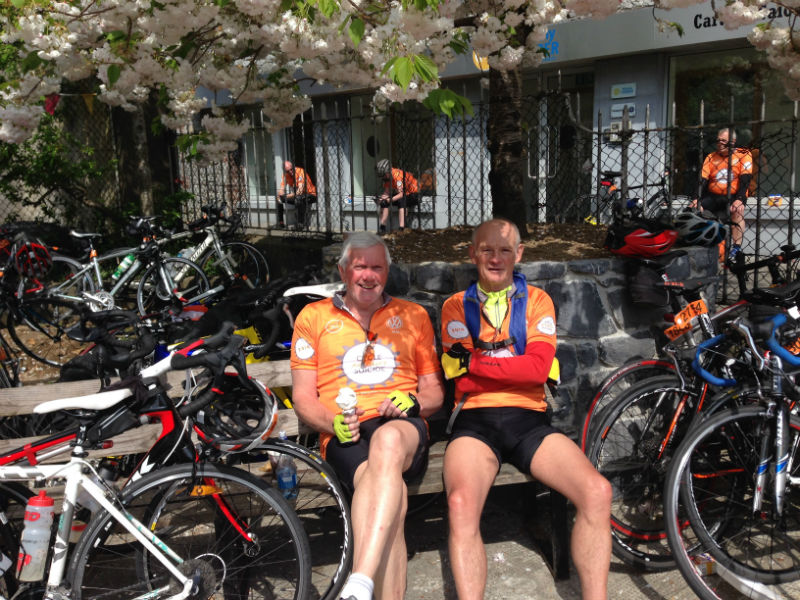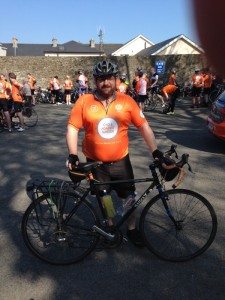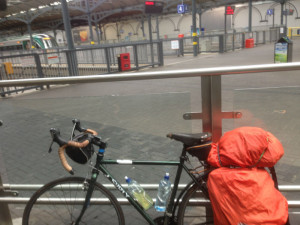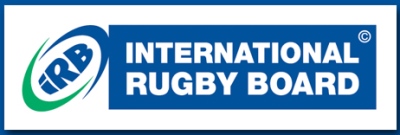A story and shared experience we’ll remember: the Waterford homestay for 39 lucky CAS’ers was in a scouts training centre in Mount Melleray. After an hour’s drive out in 2 buses the hot food was very welcome at 8.30pm or so.
Unfortunately due to a minor mix up there was no bedclothes and the place was quite cold. With a minimum of stress and negativity – something quite normal in this group of people and event – a deal was struck with a hotel back in town and we were back on the bus and headed back the way. Finally changed out of the gear to hit the shower around 11.40pm, and a pint was deserved afterwards.
“Free the MM39” – Colm

 Not even half-way on Day 1 of 14 and I’m in trouble. Long climb out of south Dublin and it’s a struggle to make progress. If I get 27 more of these – one every half-leg – I will need to drop out.
Not even half-way on Day 1 of 14 and I’m in trouble. Long climb out of south Dublin and it’s a struggle to make progress. If I get 27 more of these – one every half-leg – I will need to drop out. I’m lucky enough to be able to take the time off
I’m lucky enough to be able to take the time off 